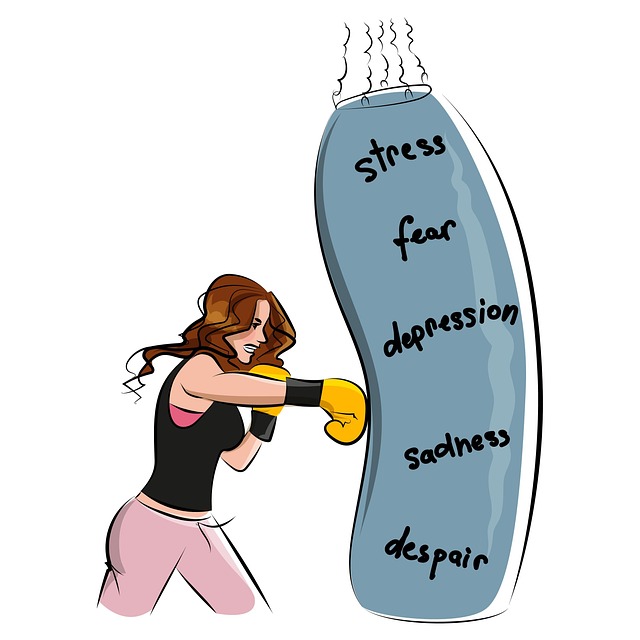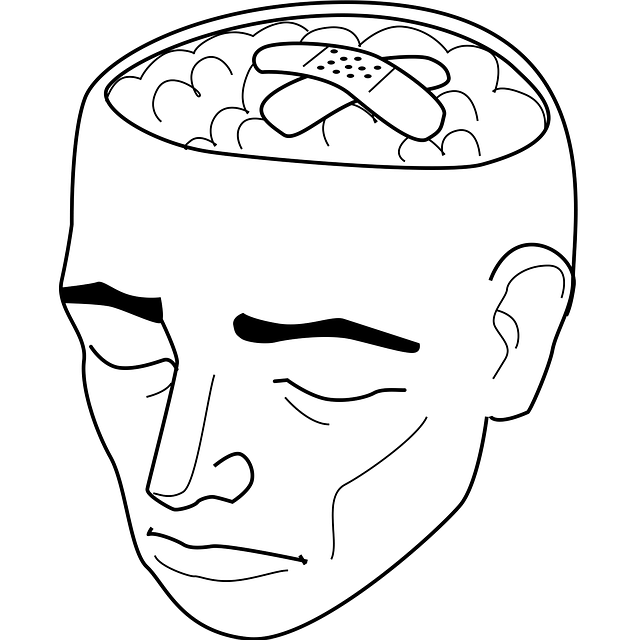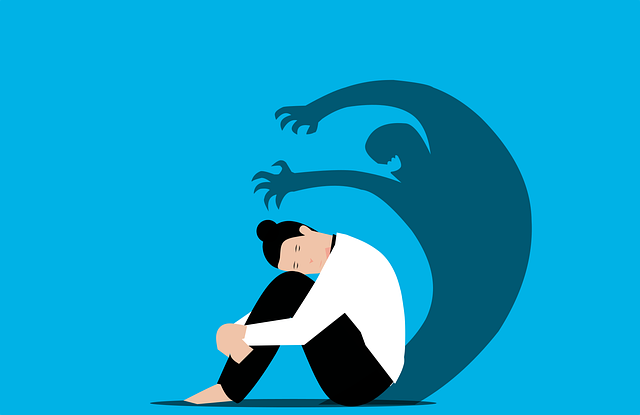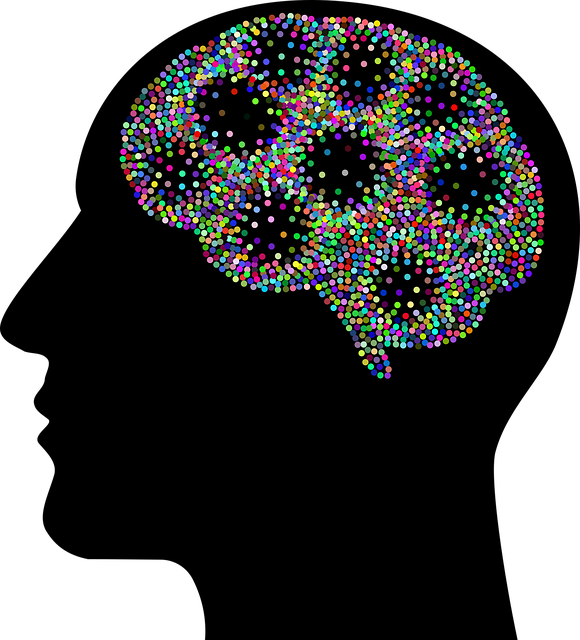Lafayette Child Abuse Therapy focuses on teaching effective coping skills through cognitive reframing, mindfulness, social skills training, and empathy building for clients of all ages. This holistic approach prioritizes cultural competency to create a safe space for processing trauma while fostering resilience and long-term mental health. Integrated coping skills training enhances stress management, emotional challenge navigation, self-efficacy, relationships, conflict resolution, and community engagement, ultimately facilitating comprehensive emotional healing.
Coping skills development is a vital aspect of therapy, especially for individuals who have experienced trauma or challenging life events. This article explores the significance of these skills in therapeutic contexts and provides practical strategies for their cultivation. We delve into the holistic approach employed by Lafayette Child Abuse Therapy, showcasing how such methods foster resilience. Additionally, we discuss the long-term benefits of coping skills training, highlighting its transformative potential in navigating life’s hurdles.
- Understanding Coping Skills and Their Significance in Therapy
- Strategies for Developing Effective Coping Mechanisms
- Lafayette Child Abuse Therapy: A Holistic Approach to Building Resilience
- Long-Term Benefits of Coping Skills Training
Understanding Coping Skills and Their Significance in Therapy

Coping skills are essential tools that individuals can use to navigate life’s challenges and overcome adversity. In the context of therapy, especially in cases like Lafayette Child Abuse Therapy, where trauma is a central issue, understanding and developing effective coping strategies play a pivotal role. These skills help clients manage their emotions, reduce stress, and make sense of their experiences.
By teaching individuals healthy coping mechanisms, such as mindfulness, relaxation techniques, or cognitive reframing, therapists enable them to better process traumatic events and associated memories. This is crucial in trauma support services as it aids in stress reduction methods and overall stress management. Ultimately, these skills empower people to lead more balanced and fulfilling lives, fostering resilience in the face of life’s hardships.
Strategies for Developing Effective Coping Mechanisms

Developing effective coping mechanisms is a crucial skill for navigating life’s challenges and fostering resilience. At Lafayette Child Abuse Therapy, we understand that every individual has unique needs when it comes to coping with stress, anxiety, or traumatic experiences. Our approach to coping skills development is tailored to help clients of all ages build a robust toolkit to manage their emotions and behaviors.
One effective strategy is incorporating Social Skills Training, which teaches individuals how to initiate and maintain healthy relationships. Building empathy through these interactions allows for better understanding and support during difficult times. Additionally, the Mind Over Matter principles emphasize cognitive reframing techniques, enabling clients to challenge negative thoughts and replace them with more positive and realistic perspectives. These strategies, coupled with Empathy Building Strategies, create a powerful foundation for managing emotional challenges in both personal and professional settings.
Lafayette Child Abuse Therapy: A Holistic Approach to Building Resilience

Lafayette Child Abuse Therapy takes a holistic approach to building resilience among affected children and adolescents. This therapeutic model goes beyond addressing symptoms by focusing on the whole individual, encompassing their emotional, psychological, and social needs. By integrating evidence-based practices with a nurturing environment, the therapy aims to help clients develop coping skills that promote long-term well-being.
The program prioritizes the unique experiences of each client while empowering them to make sense of their past traumas. Through tailored communication strategies, mental health professionals conduct thorough risk assessments to identify potential triggers and vulnerabilities. This proactive approach ensures safe and effective treatment, fostering a culture of cultural competency among healthcare providers.
Long-Term Benefits of Coping Skills Training

Coping skills training offers long-lasting benefits that extend far beyond the immediate therapeutic setting, particularly when incorporated into programs like Lafayette Child Abuse Therapy. By teaching individuals effective strategies for managing stress and navigating emotional challenges, these skills empower them to face future obstacles with resilience. This proactive approach not only enhances overall well-being but also fosters a sense of self-efficacy, enabling individuals to overcome adversity without relying heavily on external support.
Moreover, the positive impact extends into various aspects of life, including personal relationships and community engagement. Participants in programs like Lafayette Child Abuse Therapy, through learned coping mechanisms, can improve their ability to communicate effectively, resolve conflicts peacefully, and build stronger social connections. This translates into better participation in community outreach programs implementation and enhanced contributions to society as a whole, leading to more holistic emotional healing processes.
Coping skills development is a vital component of therapy, especially in addressing issues like child abuse. As highlighted by Lafayette Child Abuse Therapy’s holistic approach, fostering resilience through effective coping mechanisms can have long-lasting benefits for individuals’ well-being. By implementing the strategies discussed, such as mindfulness, problem-solving, and social support, individuals can navigate life’s challenges with greater ease. This empowering journey towards emotional health is a game-changer, ensuring that folks can thrive even in the face of adversity.














